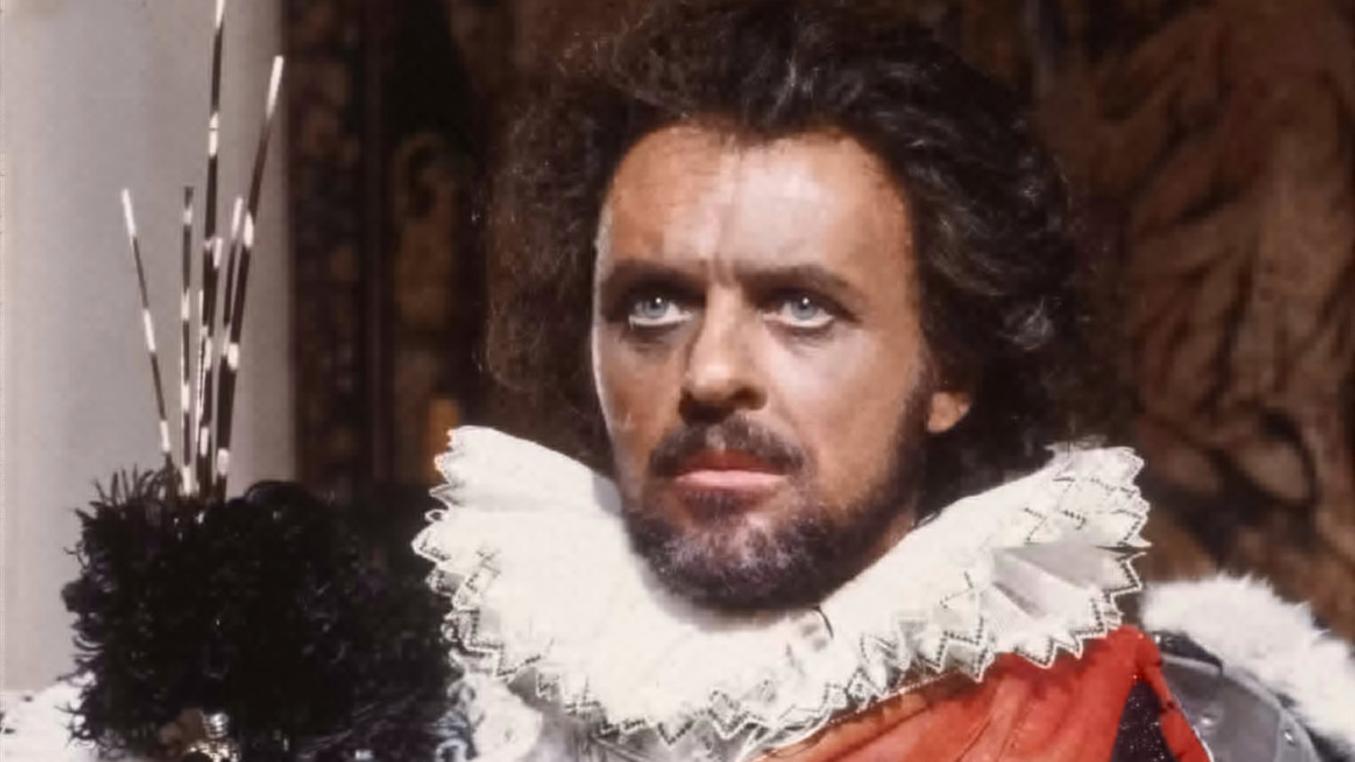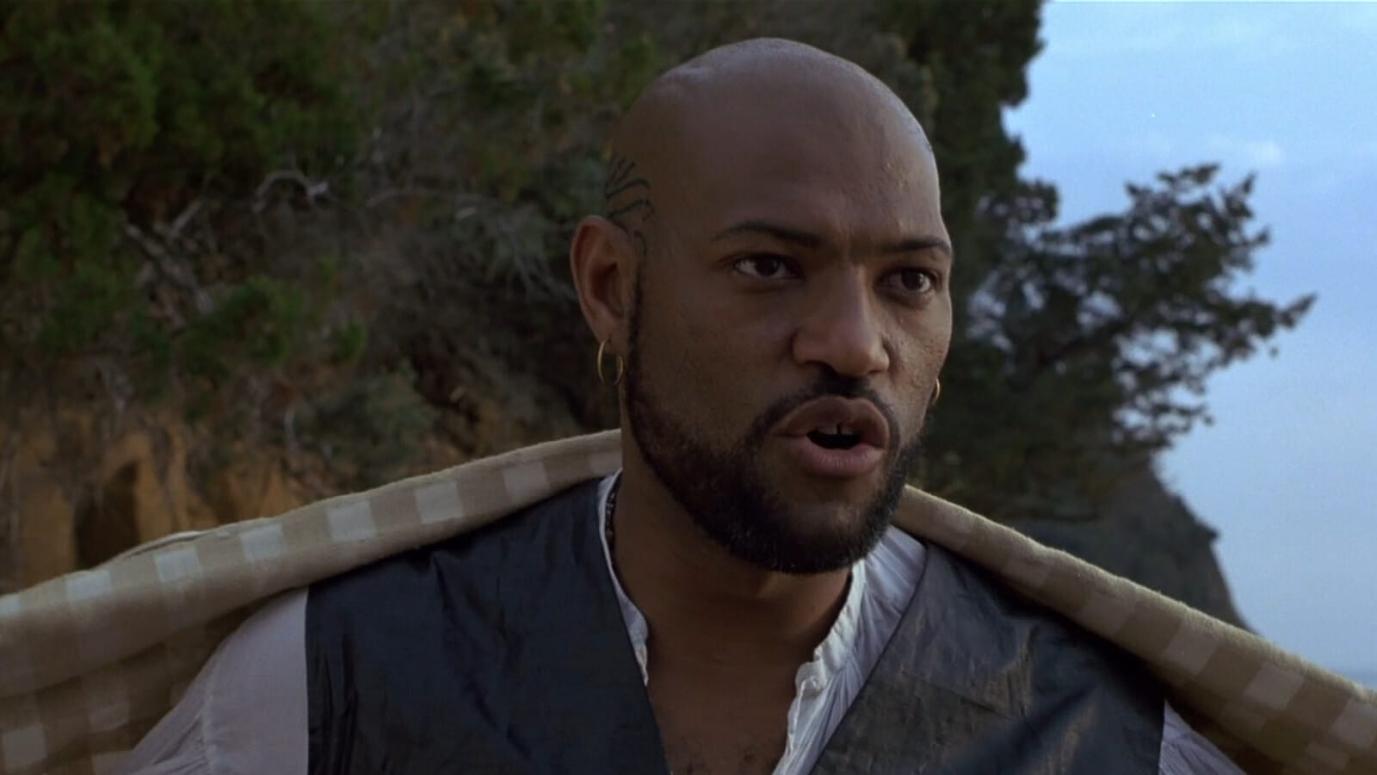Othello: A Tale of Two Cities
In the annals of literature, few tragedies are as poignant and thought-provoking as William Shakespeare's "Othello." A timeless masterpiece, "Othello" delves into the depths of human emotion, exploring the destructive power of jealousy and the tragic consequences that can ensue. Set against the backdrop of 16th-century Venice and Cyprus, the play weaves a tale of love, betrayal, and the unraveling of a once-noble soul.

I. The Seeds Of Jealousy
At the heart of "Othello" lies the character of Iago, a cunning and manipulative villain whose envy and hatred for Othello, a respected general, drive him to orchestrate a web of deceit. Iago's machinations prey upon Othello's insecurities, planting seeds of doubt and suspicion in his mind. He exploits the racial prejudice prevalent in Venetian society, using it as a tool to fuel Othello's jealousy and drive him to madness.
- Iago's character is a study in manipulation and deceit. His motives are complex and rooted in a deep-seated resentment towards Othello.
- The initial interactions between Othello, Desdemona, and Cassio are marked by trust and affection. However, Iago's subtle insinuations and carefully crafted lies begin to sow seeds of doubt in Othello's mind.
- Racism and prejudice play a significant role in fueling Iago's jealousy and manipulation. He uses Othello's status as an outsider to create a wedge between him and Desdemona.
II. The Descent Into Madness
As Iago's manipulation takes hold, Othello's jealousy consumes him, transforming him from a noble and respected leader into a tormented and irrational figure. He becomes obsessed with the idea that Desdemona is unfaithful to him, despite the lack of any concrete evidence. Othello's descent into madness is a chilling portrayal of the destructive power of unchecked emotions.
- Othello's psychological transformation is gradual yet profound. Iago's manipulation gradually erodes his trust in Desdemona and warps his perception of reality.
- Key scenes, such as the handkerchief scene and the confrontation with Cassio, showcase Othello's growing suspicion and irrational behavior.
- Othello's jealousy blinds him to reason and logic, leading him to make rash and impulsive decisions.
III. The Tragic Consequences
The tragic events that unfold in "Othello" are a direct result of Othello's jealousy. In a fit of blind rage, he murders Desdemona, the woman he once loved dearly. The revelation of Iago's manipulation and the realization of his own folly come too late for Othello, who ultimately takes his own life. The play ends with a sense of profound loss and tragedy.
- The tragic events that befall Othello, Desdemona, and Cassio serve as a cautionary tale about the devastating consequences of unchecked jealousy.
- Othello's downfall is a result of his own actions and choices, highlighting the importance of self-control and rational thinking.
- The play explores the role of fate and free will in shaping the tragic outcome, leaving readers to contemplate the interplay between destiny and human agency.
IV. Lessons From The Tragedy

"Othello" is a timeless classic that continues to resonate with audiences today. The play's exploration of universal themes such as jealousy, prejudice, and manipulation makes it relevant to contemporary society. It serves as a cautionary tale about the destructive power of unchecked emotions and the importance of trust, communication, and self-awareness in human relationships.
- The play's exploration of jealousy and its consequences is a cautionary tale for all, reminding us of the dangers of letting negative emotions consume us.
- "Othello" highlights the devastating impact of prejudice and racism, underscoring the need for tolerance and understanding in society.
- The play's tragic ending serves as a reminder of the importance of communication and trust in relationships.
"Othello" is a profound and thought-provoking tragedy that delves into the depths of human emotion and the tragic consequences of jealousy. The play's universal themes and timeless relevance continue to captivate and challenge audiences, leaving them with a deeper understanding of the human condition.

Thought-provoking question: To what extent does "Othello" reflect the enduring power of jealousy and its ability to corrupt even the noblest of souls?
YesNo

Leave a Reply